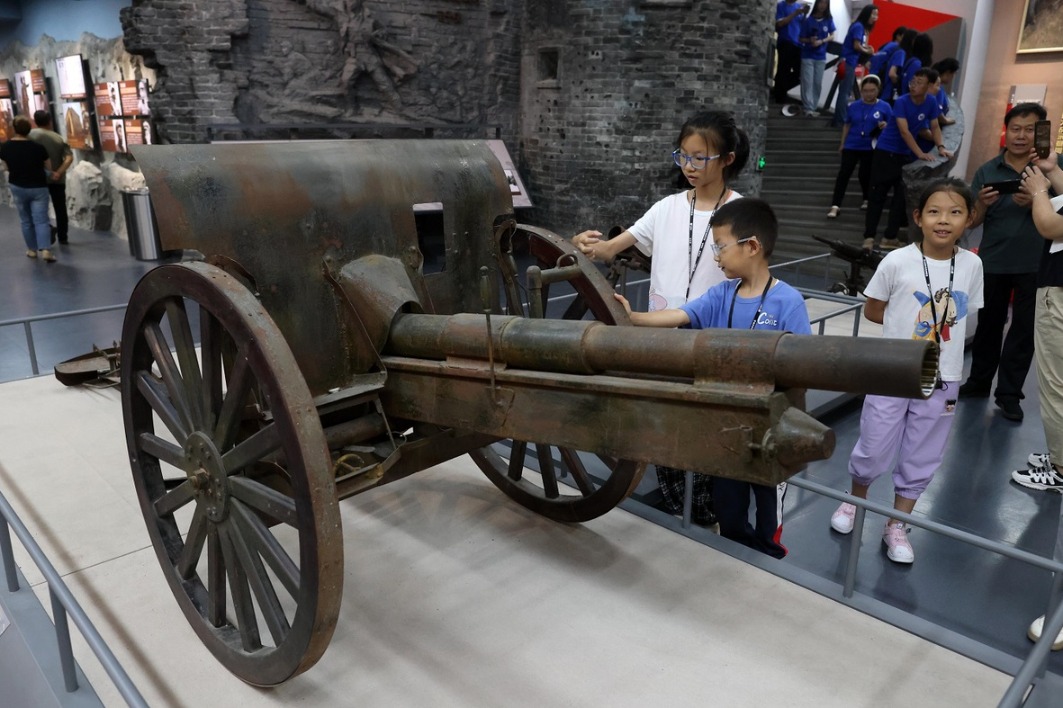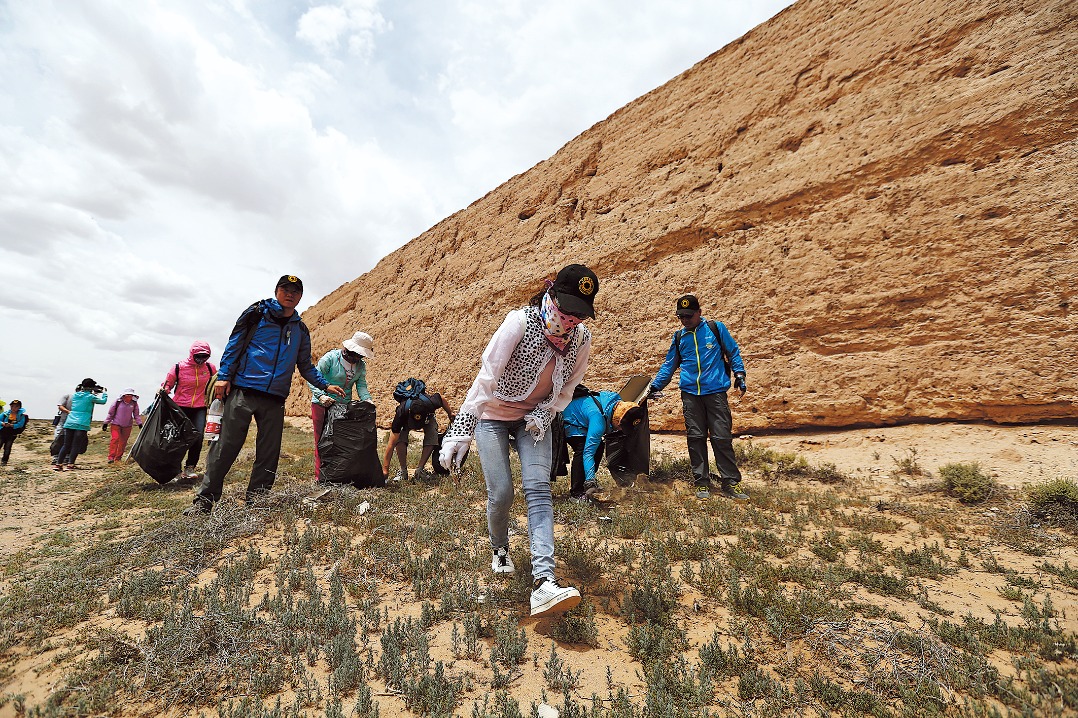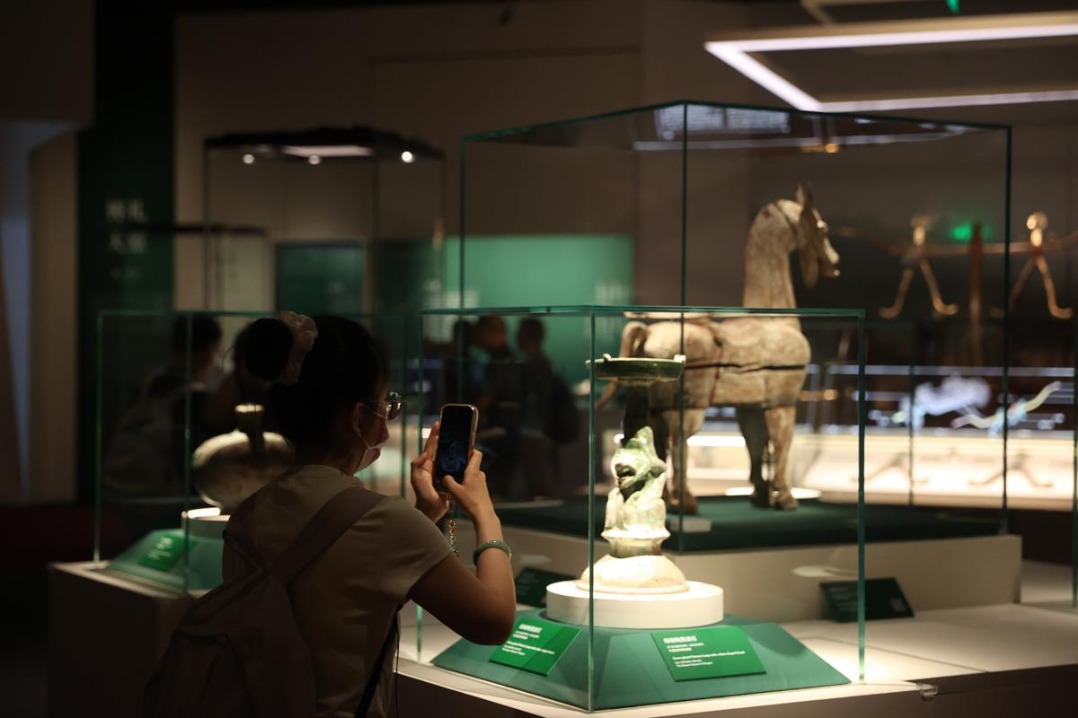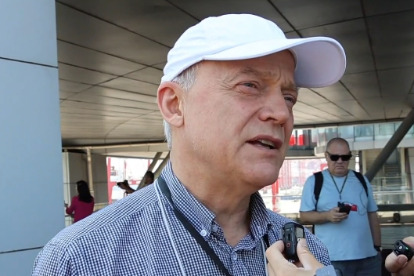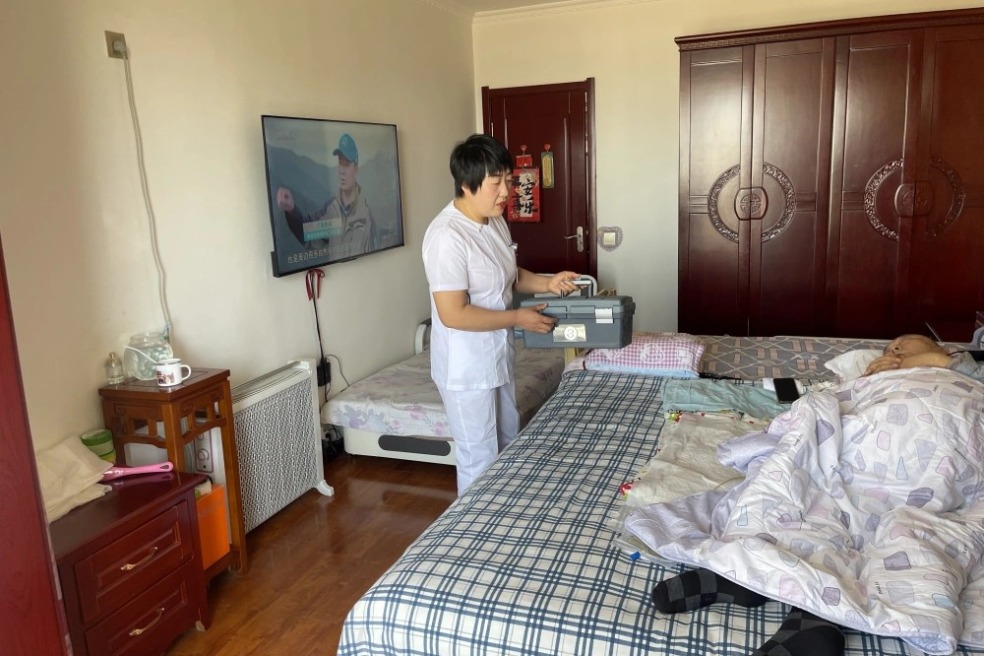Border cities aim to block infections from Russia

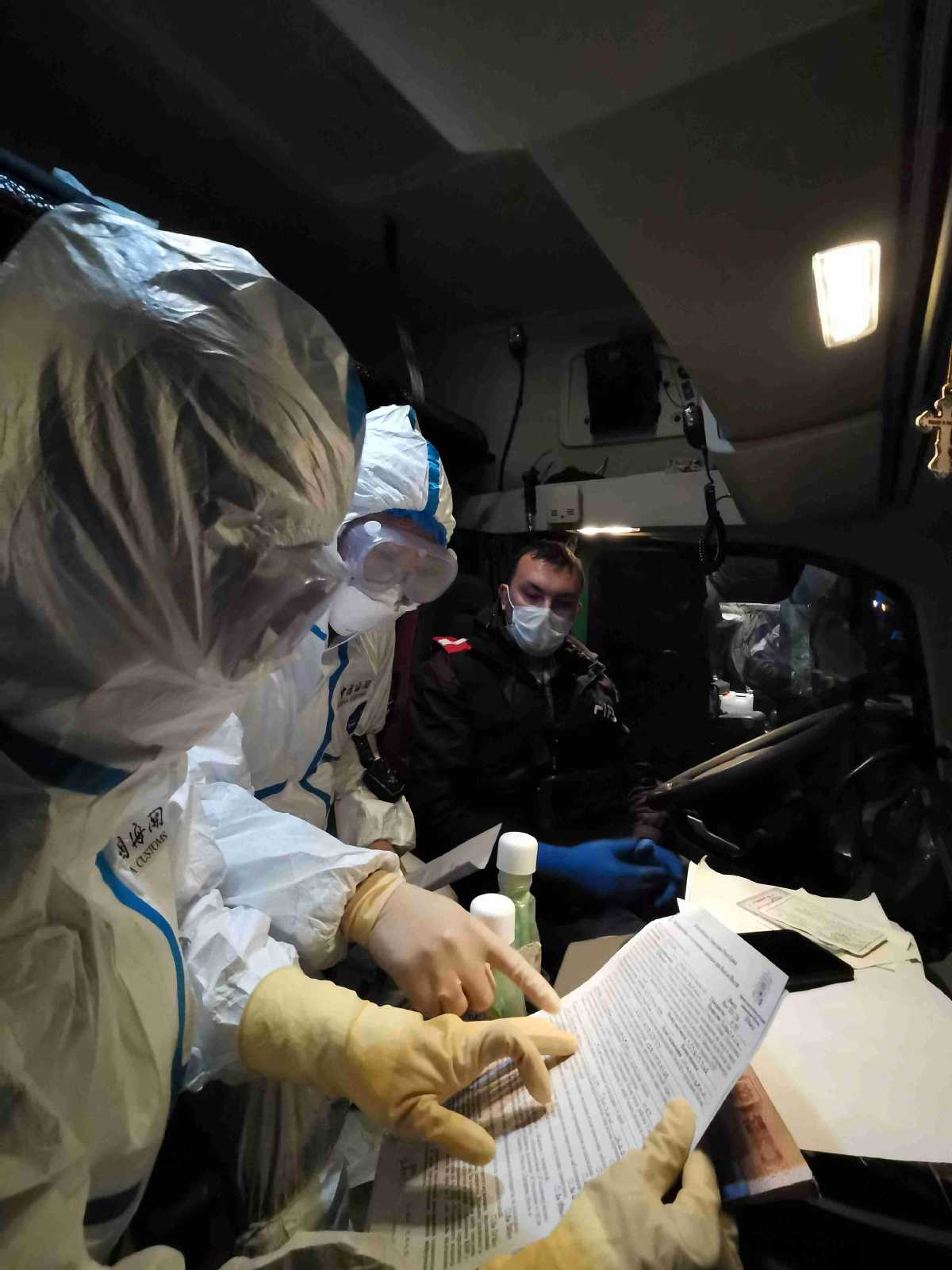
Manzhouli, a city on China's border with Russia, has enhanced its medical capabilities and epidemic control measures to cope with COVID-19 cases imported from Russia over the past few days.
The city, in the Inner Mongolia autonomous region, is China's largest border crossing. It reported 71 imported cases since its first about a week ago up to Monday morning, according to the local health commission.
A local hospital, the former Jalainuur Coal Corporation General Hospital, has been renovated to receive COVID-19 patients.
The 340-bed hospital is due to open on Tuesday, and more beds will be added in the following days.
Zhao Yunpeng, head of the city's health commission, said Manzhouli has arranged three designated hospitals with a total of 600 beds for COVID-19 patients, suspected cases and people with fever.
For screening, all arriving passengers from foreign countries will go through health checks and be quarantined.

Medical workers who have participated in prevention and control work related to imported cases are under closed-cycle management, so that cross-infection can be averted.
Furthermore, five medical teams consisting of 118 staff members have been sent to Manzhouli from Hulunbuir.
Manzhouli temporarily barred entry to passengers from the Russian city of Zabaikalsk on Wednesday night after the number of people entering China increased sharply and the city's quarantine and testing capacity was put under great pressure.
Rail and entry ports to the city were also closed, Xinhua News Agency reported.
Suifenhe, in Heilongjiang province, another city bordering Russia, has experienced a similar situation.
As of Monday, it reported at least 243 confirmed COVID-19 cases from Vladivostok, Russia, according to the Chinese consul general in the city.
Heilongjiang confirmed 49 new imported cases and eight asymptomatic cases on Sunday, all Chinese citizens returning from Russia via Suifenhe.
National Health Commission spokesman Mi Feng said on Monday it had sent medical teams to the city to assist its epidemic control efforts.
The city has received some medical supplies after it called for donations, the Beijing News reported. But protective suits, medical masks and ventilators are still in short supply, the report said.
Zhou Huiying in Harbin contributed to this story.
- China, Indonesia sign MOU on copyright cooperation
- Drones take Xinjiang's cotton farming automation to new heights
- Five missing after landslide hit Sichuan
- Four job fairs to offer 61,000 openings in healthcare, internet, e-commerce and AI
- China activates emergency response to flooding in Guangdong
- China sees marked improvement in ecological quality of grasslands
















